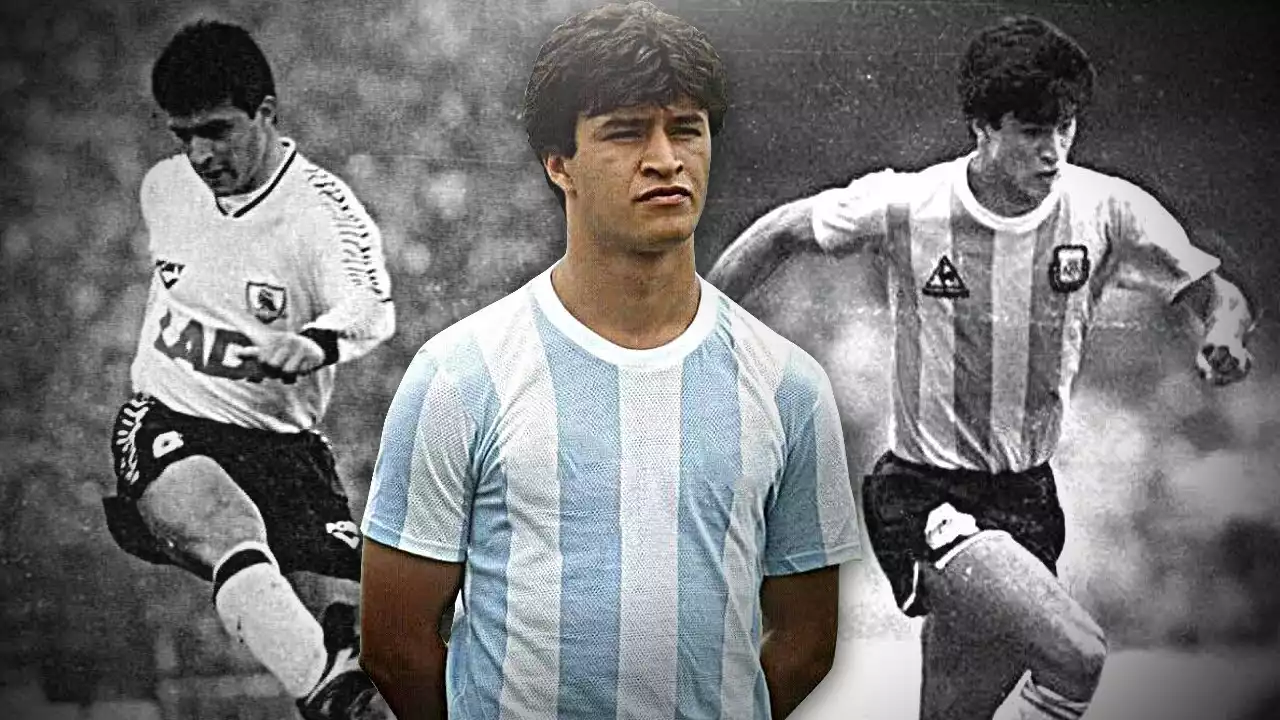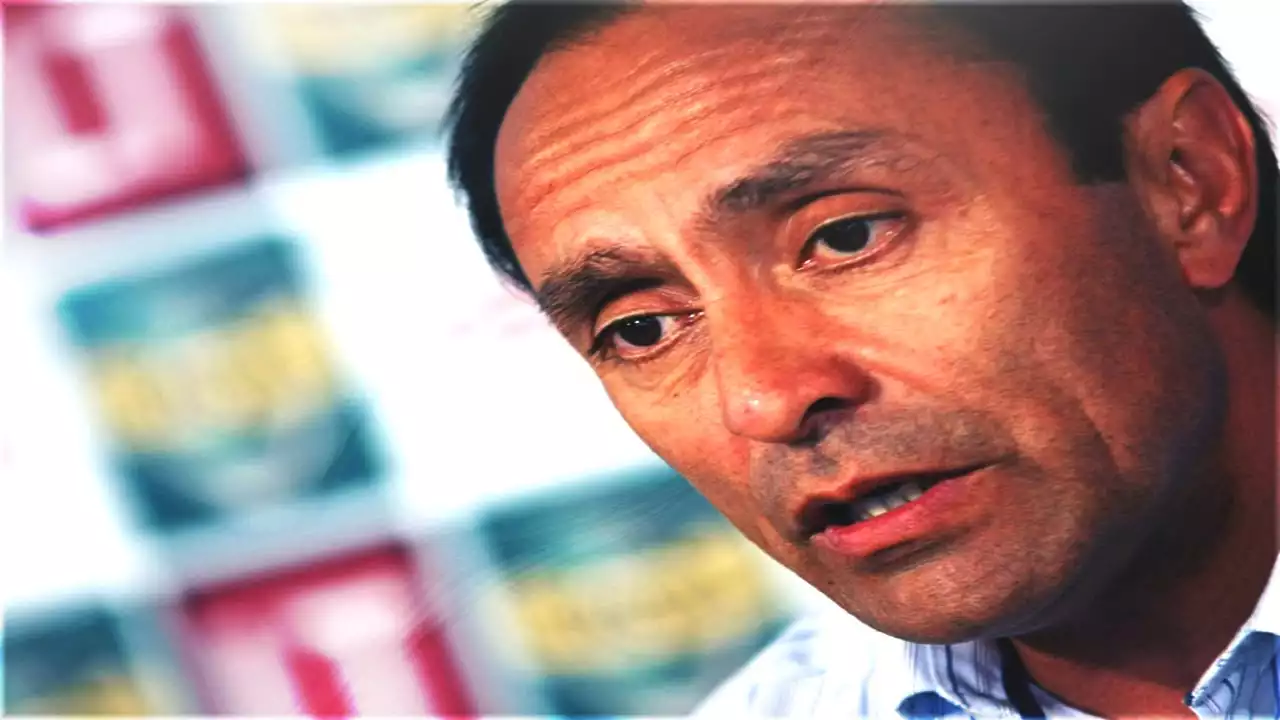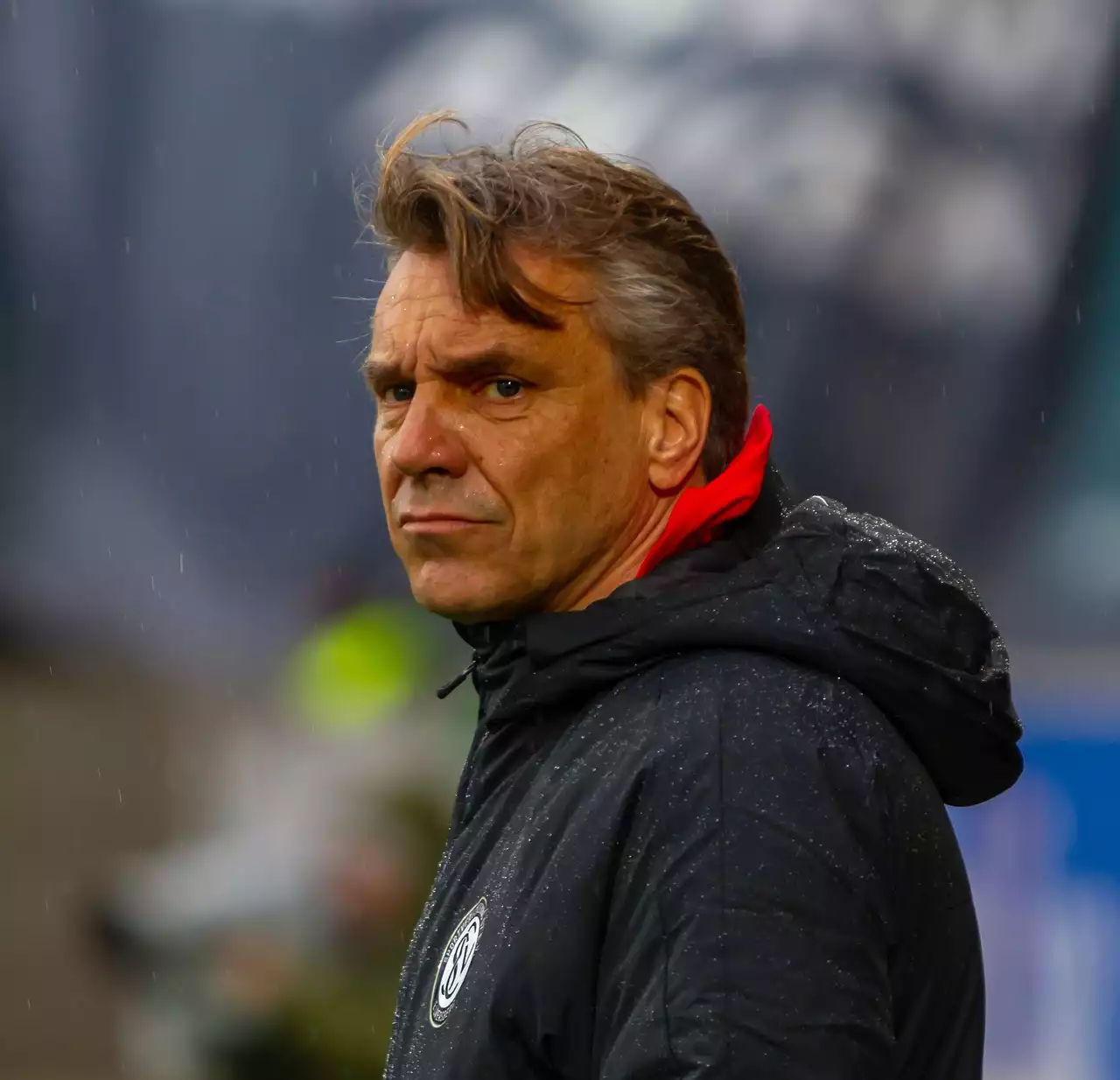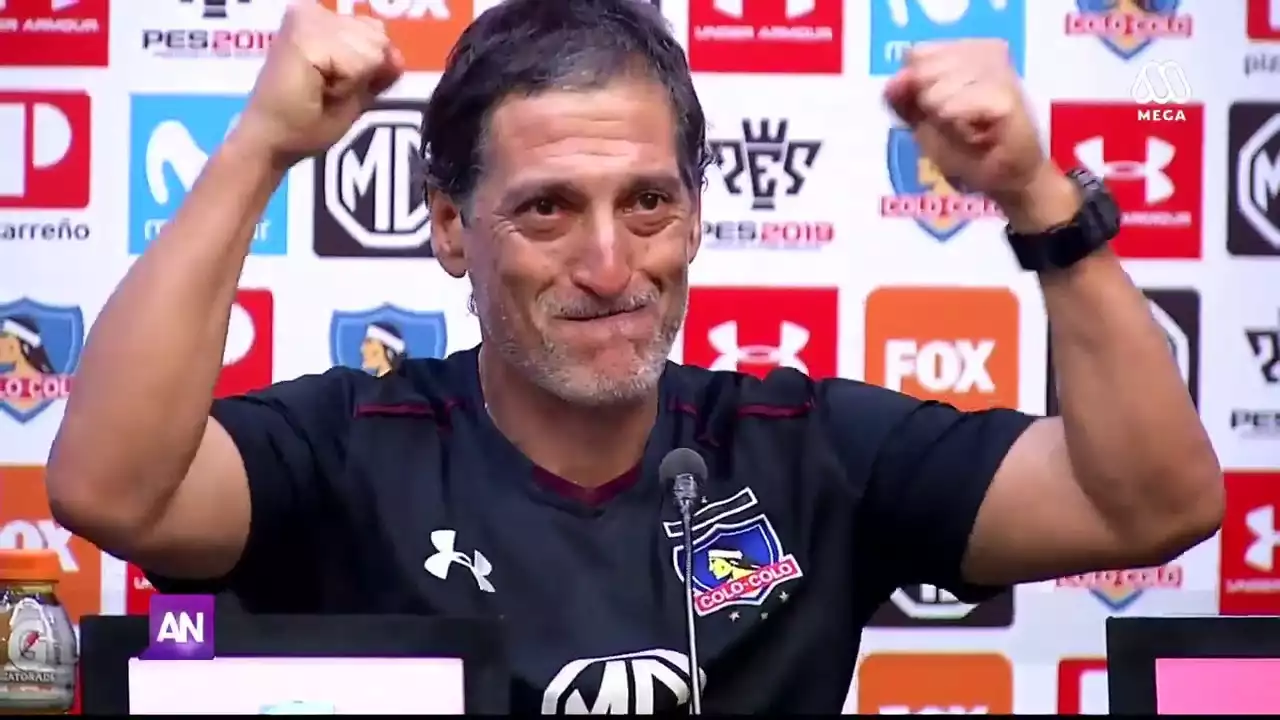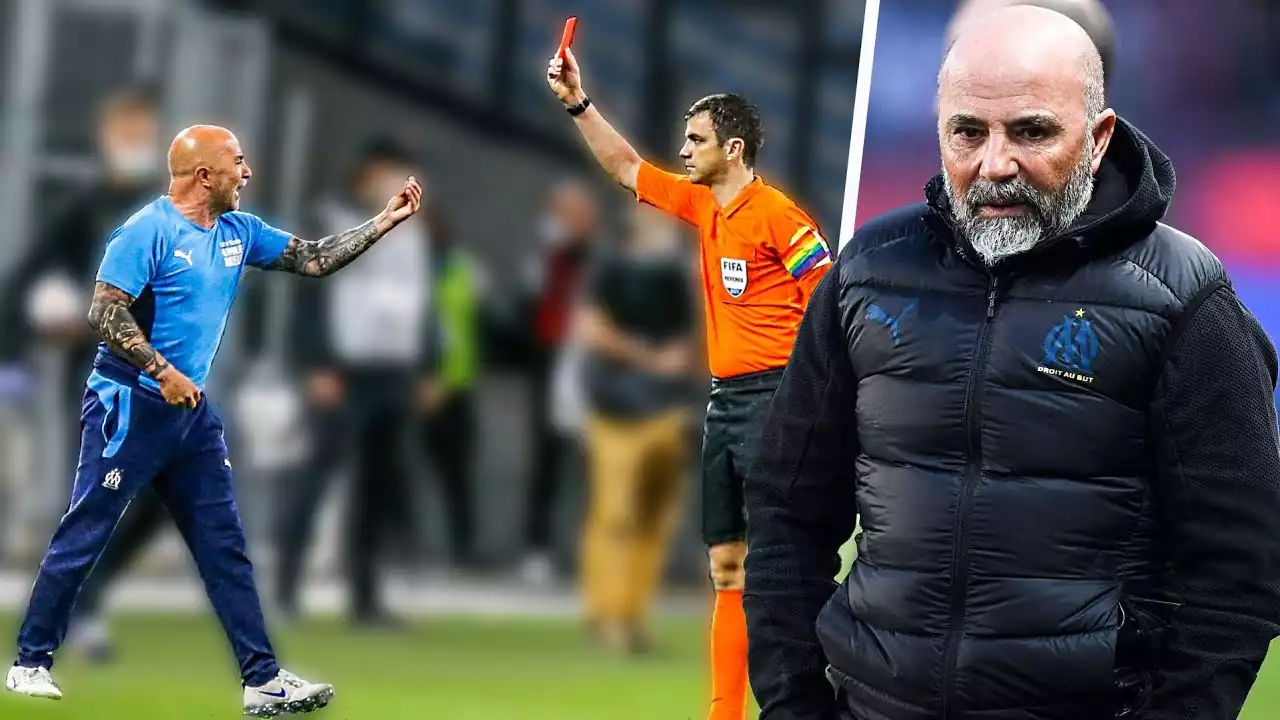Controversies in Campeonato Chileno History
The Campeonato Chileno has seen its fair share of controversies throughout its long and storied history. From managerial spats to questionable decisions by those in charge, these controversies have shaped the league's narrative and left a lasting impact on the clubs and managers involved.
One of the most infamous controversies in Campeonato Chileno history involved Jorge Sampaoli, the former manager of Universidad de Chile. Sampaoli, known for his fiery personality and intense coaching style, found himself at the center of a scandal that rocked the league. Allegations of player mistreatment and unethical conduct tarnished his reputation and led to his eventual departure from the club.
Another notable controversy occurred during Claudio Borghi's tenure as manager of Colo-Colo. Borghi, a former Argentine international, was involved in an incident that drew widespread condemnation. During a match against a rival team, Borghi was filmed making derogatory gestures towards the opposing manager, sparking a heated rivalry between the two clubs.
The Mario Salas controversy is also worth mentioning. Salas, who managed Universidad Católica, faced backlash for his controversial tactics and questionable team selections. Fans and pundits criticized his decision-making, and the controversy reached its peak when he was accused of favoritism towards certain players.
Impact of Controversies on the Teams and the League
These controversies had a profound impact on the teams and the league as a whole. The incidents involving managers often led to internal conflicts within clubs, affecting team morale and performance on the pitch. Rivalries between clubs intensified, leading to heated encounters both on and off the field.
In the case of Jorge Sampaoli, his scandalous exit from Universidad de Chile left the club in disarray. It took several years for the team to recover from the fallout, and they struggled to maintain their dominance in the league. Additionally, the controversy shed light on the need for better management practices and player welfare within the league.
Claudio Borghi's incident caused a massive uproar among fans and the footballing community. The rivalry between Colo-Colo and the opposing team intensified, leading to increased tensions and even violence during matches. The league had to step in and enforce stricter measures to prevent further escalations.
Mario Salas' controversy highlighted the importance of transparency and fairness in team management. Fans and players called for greater accountability and questioned the integrity of the league. The incident served as a wake-up call for clubs and managers, prompting them to reevaluate their practices and prioritize the best interests of the team.
Lessons Learned from These Controversies
These controversies have taught us valuable lessons about the nature of football and the role of managers in shaping a team's destiny. Firstly, effective communication and conflict resolution skills are paramount for managers to navigate the pressures of the job. Building strong relationships with players and maintaining a respectful attitude towards rival managers can go a long way in avoiding unnecessary controversies.
Secondly, fair play and ethical conduct should always be upheld. Managers must prioritize the well-being and development of their players, fostering a positive and inclusive team culture. This not only benefits the players but also enhances the reputation of the manager and the club.
Lastly, the handling of controversies by the league and the media plays a crucial role in shaping public perception. Transparency, accountability, and swift action are necessary to address controversies effectively and prevent them from escalating further.
Managing Controversies in Football
Managing controversies in football requires a delicate balance between addressing the issue at hand and maintaining the integrity of the game. Clubs and managers must have clear protocols in place to address conflicts and resolve disputes. Open dialogue and mediation can help prevent controversies from spiraling out of control.
Furthermore, proactive measures should be taken to prevent controversies from arising in the first place. This can include implementing strict codes of conduct for managers, conducting regular training and workshops on ethical behavior, and fostering an environment that encourages open communication and mutual respect.
The Role of Media in Escalating Controversies
The media plays a significant role in escalating controversies in football. Sensationalist reporting and biased coverage can fuel tensions and create unnecessary drama. It is essential for media outlets to exercise responsible journalism and present an unbiased view of the incidents.
Additionally, the media can also play a positive role in resolving controversies by facilitating open dialogue between parties involved and providing a platform for constructive discussions. Balanced reporting and investigative journalism can help shed light on the truth and hold individuals accountable for their actions.
The controversies involving Campeonato Chileno managers have left an indelible mark on the league's history. From Jorge Sampaoli's scandal to Claudio Borghi's incident and Mario Salas' controversy, these incidents have shaped the narrative of Chilean football. The impact of these controversies on teams and the league serves as a reminder of the importance of effective communication, fairness, and ethical conduct in football. By learning from these controversies, clubs, managers, and the league can work towards creating a more transparent and inclusive footballing environment.
